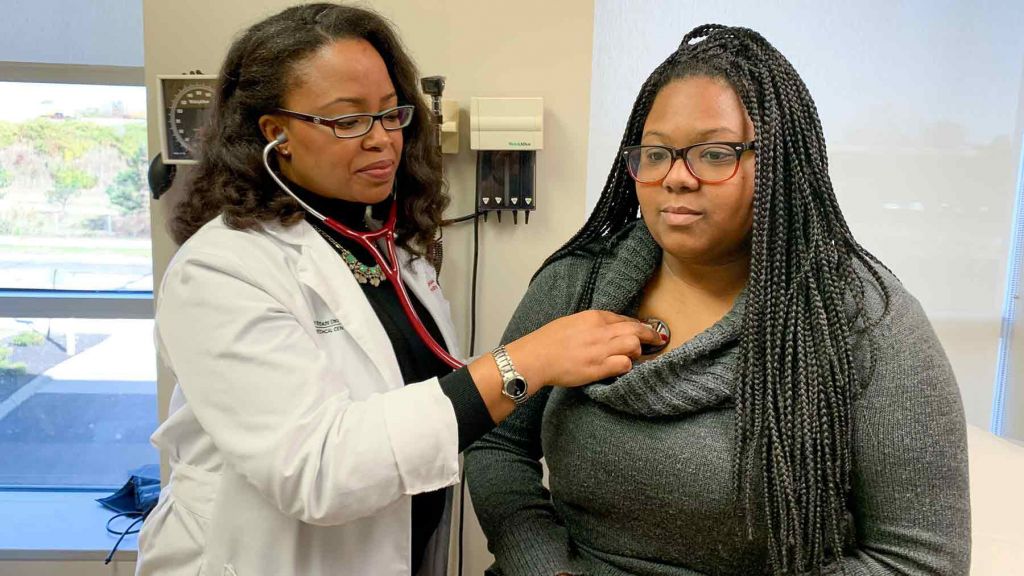
In our busy lives, it’s easy to put health check-ups on the back burner. But your health is your wealth, and staying on top of it is one of the best investments you can make.
Women, in particular, face various health challenges due to hormonal changes, pregnancy, menopause, and more.
Regular health check-ups are not just about catching diseases early; they are also about maintaining a balanced and healthy lifestyle. But how often should you really schedule that comprehensive check-up? And what should it include?
This guide is here to answer all your questions, help you prioritise your well-being, and make health care a simple, stress-free part of your life.
The importance of regular check-ups
Women’s health needs change at every stage of life. Regular health check-ups allow you to monitor these changes and take proactive steps.
Early detection of issues like breast cancer, diabetes, or heart disease can save lives and reduce the need for invasive treatments later on. Beyond illnesses, check-ups also assess your general well-being—nutritional status, mental health, and fitness levels.
What does a full body check-up include?
A full body check-up is more than just a visit to the doctor. It includes various tests and screenings tailored to your age and medical history.
For women, common check-ups may include:
General tests: Blood pressure, cholesterol, and sugar levels.
Reproductive health: Pap smear, pelvic exam, and breast examination.
Bone health: Bone density tests for women over 50.
Hormonal balance: Thyroid and other hormone-related tests.
Other assessments: Weight management and mental health screenings.
These tests ensure that all aspects of your health are checked, giving you peace of mind.
How often should you go?
The frequency of check-ups depends on your age, lifestyle, and medical history. Here’s a general guideline:
In your 20s and 30s: Once every 2-3 years unless you have specific health issues. Focus on reproductive health and general wellness.
In your 40s: Annual check-ups become more important as your risk for certain conditions like breast cancer increases.
50 and above: Schedule yearly visits to stay ahead of age-related conditions like osteoporosis and heart disease.
Your doctor might recommend more frequent visits if you have chronic conditions or family history of diseases.
Tips for making check-ups easier
Set reminders: Use your phone or a calendar to schedule check-ups.
Prepare questions: Write down any concerns before your appointment.
Bring records: Keep a record of past tests and vaccinations.
Find the right doctor: Choose a professional you trust to discuss your health openly.
So, when was your last check-up? If it’s been a while, maybe it’s time to book one today.